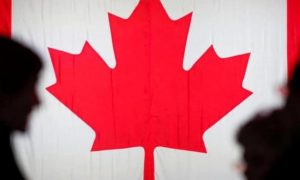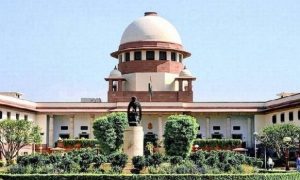The Health Ministry has released revised guidelines for management of Covid-19 in children and adolescents below 18 years. Here’s what has changed
Last week, the Health Ministry released revised guidelines for management of Covid-19 in children and adolescents below 18 years, superseding the previous version of June 2021. Among the key updates, the revised guidelines advise against the use of antivirals or monoclonal antibodies in children and adolescents, irrespective of the severity of infection, and against the use of masks in children below the age of 5.
‘The Comprehensive Guidelines for Management of COVID-19 in Children and Adolescents Below 18 Years’ were reviewed by a group of experts in view of the current surge of cases, attributed mainly to the Omicron variant of the coronavirus.
What to give, not give
The guidelines note that Covid-19 is a viral infection and say antimicrobials have no role in the management of uncomplicated Covid-19 infection.
“As of now in the absence of efficacy and safety data, the use of antivirals such as Remdesivir, Molnupiravir, Favipiravir, Fluvoxamine and monoclonal antibodies such as Sotrovimab, Casirivimab +Imdevimab are not recommended for children less than 18 years of age irrespective of severity of illness,” the guidelines say.
Overall, the management of children remains the same. The mainstay of treatment for fever is to give paracetamol. For cough, the guidelines advise throat soothing agents and warm saline gargles in older children and adolescents. They recommend ensuring oral fluids to maintain hydration and a nutritious diet.
“No other Covid-19 specific medication is needed for mild cases,” said Dr Aarti Kinikar, member of the Maharashtra paediatric Covid task force.
Leading paediatrician Dr Umesh Vaidya said that in children, the main symptoms are cough, cold and fever; sore throat symptoms are more prominent than wheezing. Most paediatricians check for circumstantial evidence whether anyone in the family is symptomatic. For mild cases, RT-PCR tests are not being advised. Several paediatricians said that they have instructed families to stay in isolation for a week. However, Covid tests are required for those who need to be hospitalised.
Masks
The reason masks are not recommended for children aged 5 and under, experts said, is that youg children do not wear the mask properly and may have issues with breathing if there is underlying asthma or when they are playing. Some parents can be obsessed and force the child to wear a mask, but it is not mandatory for the child below 5 to wear one, experts said.
Children aged 6-11 may wear a mask depending on the ability of the child to use a mask safely and appropriately under direct supervision of parents/guardians. Children aged 12 years and over should wear a mask under the same conditions as adults. It is important to ensure hands are kept clean with soap and water, or an alcohol-based hand rub, while handling masks.
MIS-C
Multi System Inflammatory Syndrome in Children (MIS-C) is a new syndrome in children characterised by unremitting fever and epidemiological linkage with SARS-CoV-2. For diagnosing MIS-C, the guidelines say caution should be exercised while interpreting an isolated increase in COVID antibodies.
Post-Covid Care
Children with asymptomatic infection or mild disease should receive routine childcare, appropriate vaccination, nutrition counselling, and psychological support on follow up, the guidelines say. For children with moderate to severe Covid, the guidelines say that on discharge from hospital, parents/caregivers should be counselled regarding monitoring for persistence/worsening respiratory difficulty and the indications for bringing the child back to the facility.
Anticoagulants & steroids
The recommendations for use of anticoagulants have been revised. If steroids are used, they should be tapered over 10-14 days, subject to clinical improvement.
Steroids are indicated only in hospitalised severe and critically ill cases under strict supervision. Corticosteroids may be used in rapidly progressive moderate and all severe cases; the guidelines recommend 5-7 days and tapering up to 10-14 days depending on clinical assessment. Steroids are to be avoided the first 3-5 days since onset of symptoms as it prolongs viral shedding, the guidelines say.





































